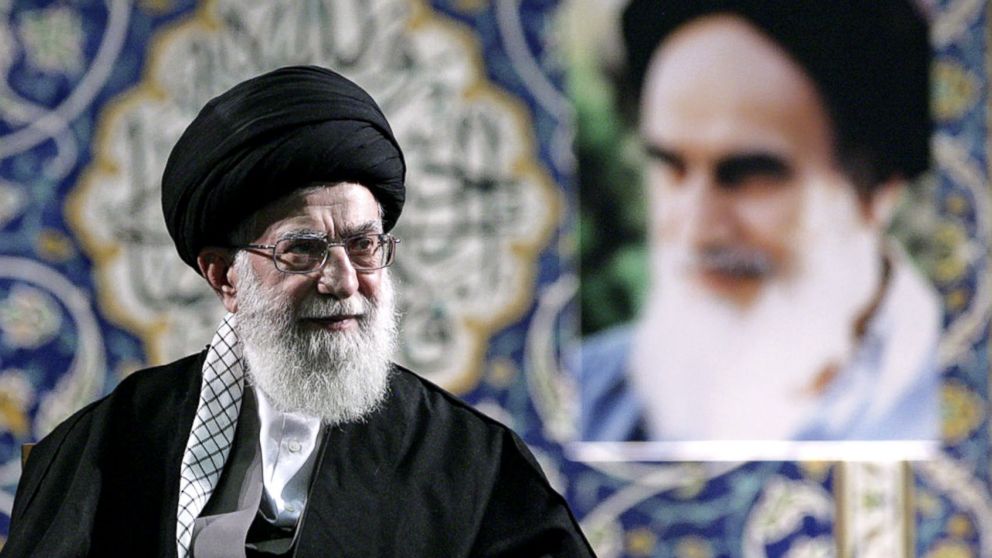Don’t be fooled. The Iran we have long known—hostile, expansionist, violent—is alive and well.
Saturday marked one year since the framework agreement for the Joint Comprehensive Plan of Action—the nuclear deal with Iran—was announced. At the time, President Obama said this agreement would make “the world safer.” And perhaps it has, but only in the short term and only when it comes to Iran’s nuclear-weapons proliferation.
Sadly, behind all the talk of change, the Iran we have long known—hostile, expansionist, violent—is alive and well, and as dangerous as ever. We wish it were otherwise. In the United Arab Emirates, we are seeking ways to coexist with Iran. Perhaps no country has more to gain from normalized relations with Tehran. Reducing tensions across the less than 100-mile-wide Arabian Gulf could help restore full trade ties, energy cooperation and cultural exchanges, and start a process to resolve a 45-year territorial dispute.
Since the nuclear deal, however, Iran has only doubled down on its posturing and provocations. In October, November and again in early March, Iran conducted ballistic-missile tests in violation of United Nations Security Council resolutions.
 |
| An Iranian ballistic-missile test, March 9. AP |
In December, Iran fired rockets dangerously close to a U.S. aircraft carrier in the Strait of Hormuz, just weeks before it detained a group of American sailors. In February, Iranian Defense Minister Hossein Dehghan visited Moscow for talks to purchase more than $8 billion in Russian fighter jets, planes and helicopters.
In Yemen, where peace talks now hold some real promise, Iran’s disruptive interference only grows worse. Last week, the French navy seized a large cache of weapons on its way from Iran to support the Houthis in their rebellion against the U.N.-backed legitimate Yemeni government. In late February, the Australian navy intercepted a ship off the coast of Oman with thousands of AK-47s and rocket-propelled grenades. And last month, a senior Iranian military official said Tehran was ready to send military “advisers” to assist the Houthis.
The interference doesn’t stop there. Since the beginning of the year, Tehran and its proxies have increased their efforts to provide armor-piercing explosive devices to Shiite cells in Bahrain and Saudi Arabia. A former Iranian general and close adviser to Supreme Leader Ayatollah Ali Khamenei called for Iran to annex all of Bahrain. And in Syria, Iran continues to deploy Hezbollah militias and its own Iranian Revolutionary Guard to prop up Syria’s Bashar Assad.Read the rest of this WSJ op-ed HERE.
If you like what you see, please "Like" us on Facebook either here or here. Please follow us on Twitter here.





No comments:
Post a Comment